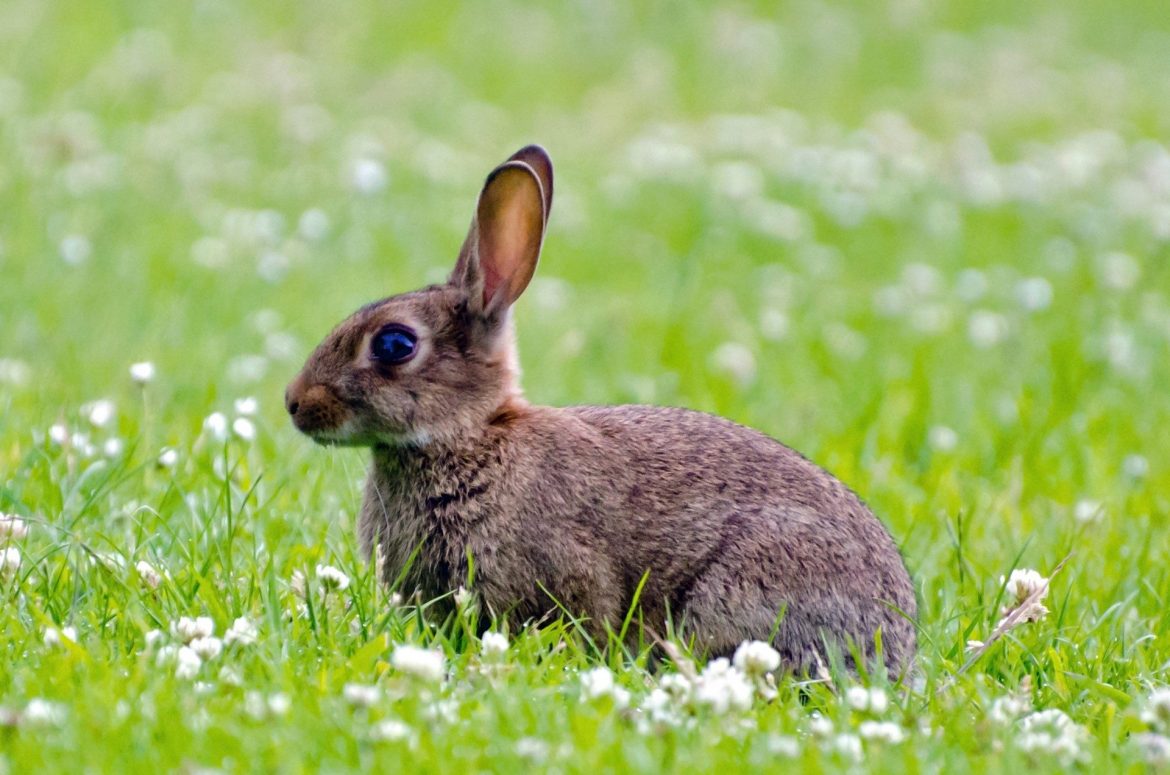Summer is here, and most gardeners will be spending most of their time in their backyards. They will work hard to get their gardens lush with fresh, green vegetables for their families.
During this period no gardener would want to see summer pests wreaking havoc on their garden. Waking up only to find their produce nibbled down to the core can be one of the most traumatizing moments of any gardener. Fortunately, it’s possible to keep this unwelcome visitors away from your garden.
Here are some of the most destructive pests to watch out for this summer and some of the ways you can get rid of them without resorting to harsh methods or chemicals.
Animal Pests
Raccoons, moles, and skunks
These pests will tend to appreciate your ripe berries, summer squashes and tomatoes with their midnight feasts. Raccoons, moles, and skunks are quite smart, have good memories and are rather stubborn. For this reason, very few gardeners are able to keep these animals away from their yards. If you happen to encounter such a problem here’s how you can keep them from your garden;
Using a fence is the best way to keep these omnivorous feeders away. Make sure that the fence around your yard is approximately 3 feet tall and buried one foot underground. Such a fence is not only a great way to keep pests away but also a good move for the aesthetics of your yard.
You can also use capsaicin or castor-based repellents to make your trees and garden plants less appealing to these animal pests. These repellants will mask the sweet smell of the berries and tomatoes making your garden less attractive.
Rabbits
Bunnies can easily nibble down your garden in a single night. They will eat broad-leafed plants, shoots, and vegetables in the summer. During winter, they will eat raspberry and blackberry canes, buds, and twigs. Rabbits can be a nuisance and difficult to keep away from your garden.
Here are some of the ways you can make your yard less inviting to rabbits.
Clear tall grasses and brush piles around your garden. Rabbits get cover from predators by living in tall grasses around your garden. Clean up the area around your garden to discourage rabbits forming a habitat near your garden.
Add a barrier fencing around your garden to keep rabbits from getting in your garden. Fences should be 2-3 feet from the ground and should be buried up to six inches underground.
Using fake owls and snakes in the garden to scare away the rabbits is another great way to keep them away. However, this might be a short term remedy in most yards since rabbits are smart and with time will get used to them and no longer get frightened by them.
Slugs and Snails
Nearly every gardener has encountered slugs and snails in their garden. No matter how harmless these slimy creatures seem, when they start to curl and pluck every emerging sprout from your ground, they quickly become unwanted guests in your yard. Damage done by snails and slugs is quite easy to note since they leave behind silvery slime trails as they come to feast on your plants. Fortunately keeping these slimy pests away is quite easy, here’s how you can do it.
Removing snails by hand is one of the easiest control measures you can take. This method is effective when done in the morning before the sun rises. When handpicked, have them placed in a bucket of salt or brine.
Placing copper in your yard is also an effective way of keeping snails away. When they touch copper, snails receive a slight electric shock from the reaction of slime and copper. Copper pennies and wires can help you get the job done. Simply encircle your plants with the copper pennies or copper wires to repel snails from your plants.
Insect Pests
Aphids
Aphids are small insects that seem to find their way into almost every yard. They can survive in almost any climate zone and multiply quickly once they get in your garden. Since they move slowly, aphids are some of the easiest pests to control.
Here are some of the ways you can keep aphids in control.
For large infestation of aphids, use flour to dust your plants. This will make their environment dry and in turn, constipate them.
You can also purchase some natural repellents such as Neem oil, and horticultural oils to keep the aphids away. Repellants are quite effective when the right procedure is followed as indicated in the packaging.
At times, all that aphids need is just a cold blast to dislodge them. Try spraying them with cold water and you will note a great change in their numbers.
Caterpillars
Caterpillars, if not controlled can devastate your vegetables fruits and flowers within a few days. Caterpillars form tunnels in fruits and chew leaves which can lower the produce. Here are some ways in which you can use to deter caterpillars from getting in your yard.
Crop planning: To discourage caterpillars, avoid growing one kind of plant in your yard. Make sure to alternate vegetables and other crops with every planting.
Natural pesticides such as Neem oil are also effective in keeping caterpillars in control. Alternatively, you use a homemade chili spray to repel the caterpillars from your plants.
Cutworms
Cutworms are a major annoyance, especially when they snip off young seedlings, just a few days old. Cutworms chew shoots to the ground level eventually killing them. Here are a few tips to note when getting rid of cutworms.
Cutworms curl on the soil surface making hand picking quite easy. To be more effective use a flashlight and a bucket with soapy water at night to pick and place them in soapy water. Repeating this a few nights will help you keep away cutworms from your garden.
Use diatomaceous earth to kill the cutworms. You can circle diatomaceous earth around your young seedlings to protect them from these insects. Alternatively, you can also use egg shells or used coffee grounds to get the same results.
Potato Beetle
Colorado potato beetles are a common bug most potato growers face. Both in larvae and adult forms, they will chew the potato leaves and eventually defoliate the entire crop if not controlled.
How to control Colorado potato beetles
Crop rotation. Avoid growing potatoes in the same spot each season. Adults hide in the soil during winter, only to devour on your crops next season when you plant new potato crops. To avoid this, grow different crops each season on your garden.
Mulch your potatoes with straw. This is a great way to attract predators of potato beetles such as ladybugs. Mulching not only helps to control the beetles but also keeps tubers away from sunlight.
You can also plant resistant varieties of potatoes such as Caribe or Norland Potatoes. These varieties are a great option for early season potato growers who want to avoid the Colorado beetle.
These are some tips to choose the right respirator for you when applying chemical products:
Content Provided By LabSourceTake Away
Pests can easily ruin a gardener’s hard work within a short time. When choosing a method to deal with the pests, always choose the one that is safe for both plants, human beings and mother earth.



